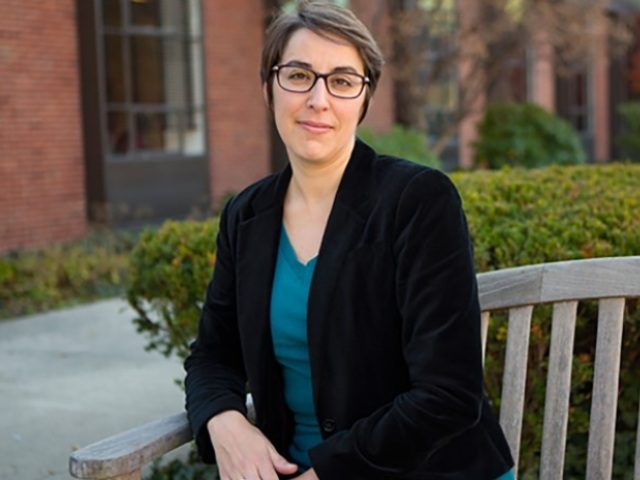A SUNY Binghamton professor, who included “progressive stacking” in her syllabus that specified she would be calling on non-white and female students first, has resigned. Former professor Ana Maria Candela wrote that continuing at the university would be a “profound lack of self-love and self-respect.”
“Six months after her syllabus attracted national and international media attention, Ana Maria Candela has resigned,” reported SUNY Binghamton’s student newspaper Pipe Dream.
Professor Candela was rebuked earlier this year by university administrators, who said the professor’s “progressive stacking” policy “clearly violates” the school’s principles.
In the “Class Discussion Guidelines” for her sociology class, Candela wrote, “We practice progressive stacking when calling on people to participate in class discussion. This means that we try to give priority to non-white folks, to women, and to shy and quiet people who rarely raise their hands.”
In an email, Candela claimed that she was the subject of a “targeted political attack and public spectacle.”
“I was treated with such callous disrespect by members of the administration of Harpur College, by [BU’s] media and public relations and by a student in my course that to continue to contribute my labor to the institution would involve a profound lack of self-love and self-respect,” the professor added.
Sean Harrigan, one of Candela’s white male students, had filed a Title IX complaint about her “progressive stacking,” saying “How am I supposed to get a full participation grade if I’m not called on because of the way I was born?” according to a report by the College Fix.
As for her reference to Harpur College, the school’s dean, Celia Klin, had reportedly held a meeting with Candela explaining why the university found her language to be problematic, Pipe Dream reports.
Meanwhile, former provost and academic vice president for academic affairs Donald Nieman noted in a letter that Candela’s policy had breached Title VI of the 1964 Civil Rights Act, and Title IX of the 1972 Amendments to the Education Act.
“The University supports the goal of inclusive teaching, and all good teachers strive to ensure that all students have a voice in their classes,” Nieman wrote. “Undoubtedly, that was Professor Candela’s intent, and we applaud her for it.”
“However, the controversy was not about Professor Candela’s intentions or even her actual teaching practices,” he added. “It was about the language she included in her syllabus which is inconsistent with Professor Candela’s and [the] University’s obligations under federal law.”
You can follow Alana Mastrangelo on Facebook and Twitter at @ARmastrangelo, and on Instagram.

COMMENTS
Please let us know if you're having issues with commenting.